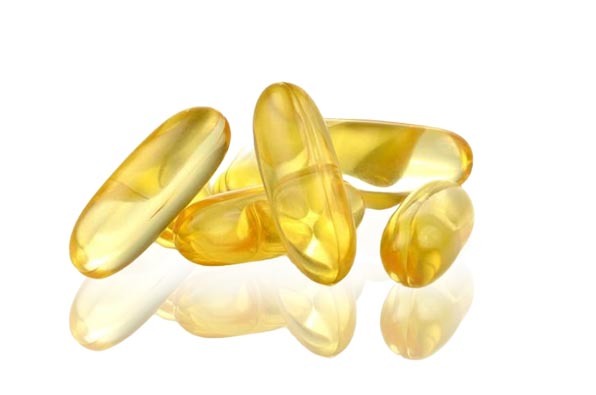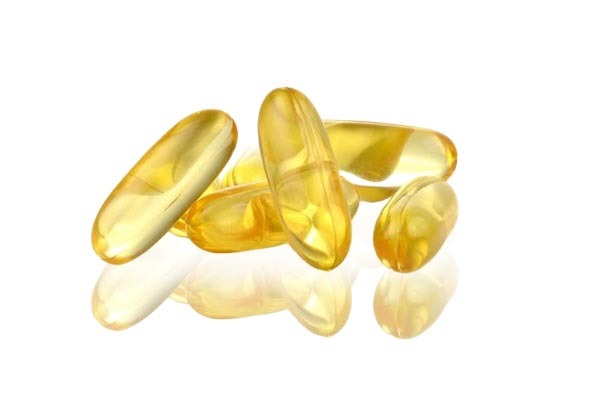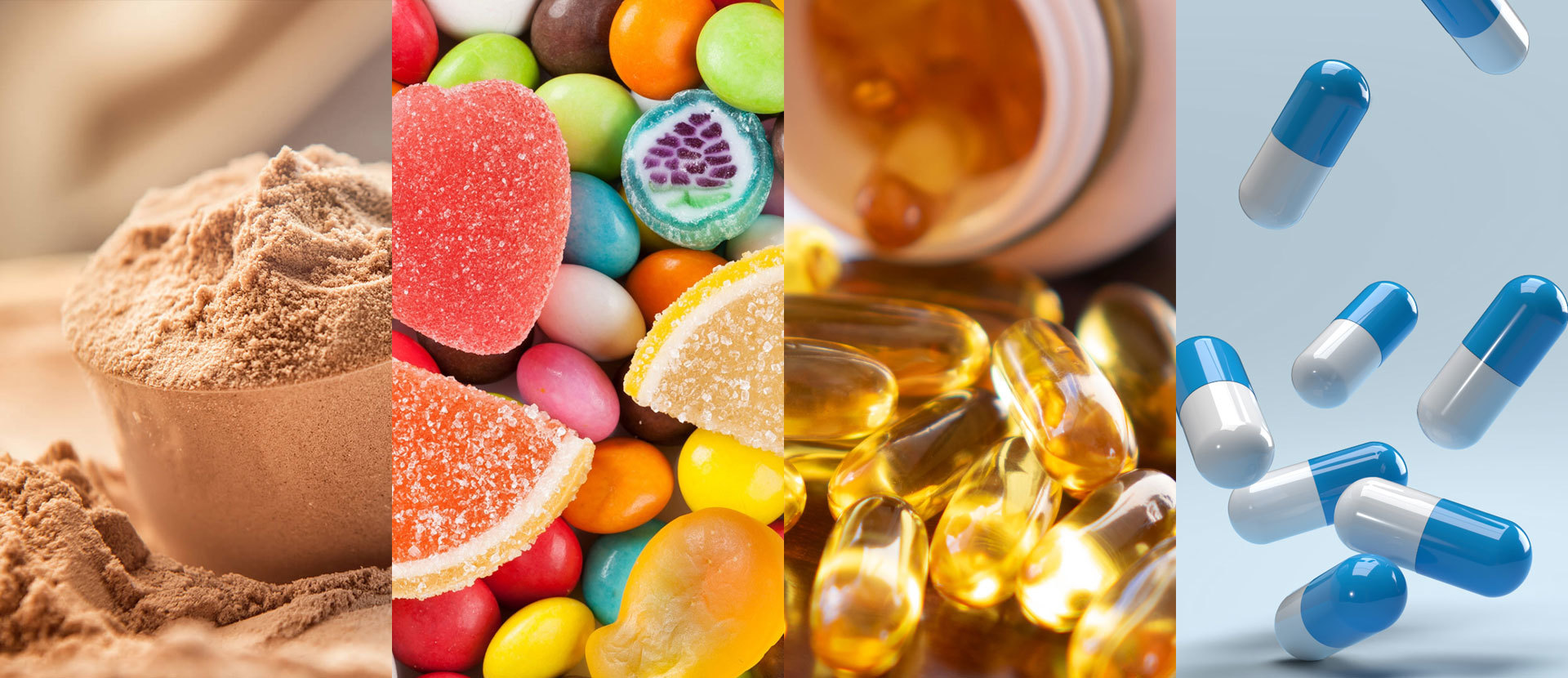News center
Unveiling the Secrets of High Quality Collagen Production
Release time:
2025-04-15
Unveiling the Secrets of High Quality Collagen Production
Table of Contents
- 1. Introduction to Collagen Production
- 2. What is Collagen?
- 3. Sources of High-Quality Collagen
- 4. Collagen Extraction Methods
- 5. Factors Affecting Collagen Quality
- 6. Benefits of High-Quality Collagen
- 7. How to Choose the Best Collagen Supplements
- 8. Frequently Asked Questions
- 9. Conclusion
1. Introduction to Collagen Production
In the realm of nutrition and wellness, collagen has emerged as a powerhouse ingredient. As the most abundant protein in the human body, collagen is critical for maintaining the structure and integrity of our skin, bones, muscles, and connective tissues. Understanding how high-quality collagen is produced is essential for making informed choices in dietary supplements and food products. This article explores the secrets behind high-quality collagen production, shedding light on its sources, extraction methods, and the factors influencing its quality.
2. What is Collagen?
Collagen is a structural protein that serves as the foundation for various tissues in the body. It plays a pivotal role in maintaining skin elasticity, joint health, and overall bodily function. Composed of amino acids, primarily glycine, proline, and hydroxyproline, collagen forms a triple-helix structure that provides strength and support. There are several types of collagen, with Type I being the most prevalent in the human body, primarily found in skin, tendons, and bones.
2.1 Types of Collagen
Understanding the different types of collagen is crucial for recognizing their specific benefits:
- **Type I:** Found in skin, tendons, and bone; most abundant type.
- **Type II:** Primarily located in cartilage; essential for joint health.
- **Type III:** Present in skin and blood vessels; supports elasticity.
- **Type IV:** Forms layers in the skin, aiding in filtration.
- **Type V:** Associated with hair and tissue surface.
3. Sources of High-Quality Collagen
Collagen can be sourced from both animal and marine origins. The quality of collagen varies significantly based on its source, which directly impacts its bioavailability and effectiveness in the human body.
3.1 Animal Sources
Animal-derived collagen is extracted primarily from cows (bovine collagen) and pigs (porcine collagen). These sources are rich in Type I and Type III collagen. Grass-fed bovine collagen is often favored for its superior quality and ethical sourcing.
3.2 Marine Sources
Marine collagen, derived from fish scales and skin, is known for its high bioavailability. It primarily contains Type I collagen, making it an excellent choice for those seeking skin and beauty benefits. Additionally, marine collagen is often considered more environmentally sustainable compared to land animal sources.
3.3 Plant-Based Alternatives
While plant-based sources do not contain collagen, certain plant proteins can support the body’s natural collagen production. Ingredients like vitamin C-rich fruits, leafy greens, and legumes play a vital role in synthesizing collagen.
4. Collagen Extraction Methods
The extraction process is crucial in determining the final quality of collagen products. Various methods are utilized to extract collagen from its sources, and understanding these methods can help consumers make better-informed choices.
4.1 Hydrolysis
Hydrolyzed collagen, also known as collagen peptides, is produced by breaking down collagen into smaller peptides. This process enhances bioavailability, making it easier for the body to absorb and utilize. Hydrolyzed collagen can be found in both powdered and liquid forms.
4.2 Gelatin
Gelatin is derived from collagen through a cooking process. While it retains some of the structural properties of collagen, it is less bioavailable. Gelatin is commonly used in culinary applications, such as desserts and jellies.
4.3 Cold Extraction Method
The cold extraction method is a newer technique that preserves the natural properties of collagen without the use of heat. This method is believed to produce higher-quality collagen with better nutritional benefits.
5. Factors Affecting Collagen Quality
Several factors can influence the quality of collagen, including the source, extraction method, and processing techniques. Being aware of these factors can help consumers choose the best collagen products.
5.1 Sourcing Practices
The sourcing practices of collagen play a vital role in its quality. Grass-fed, pasture-raised animals provide collagen with higher nutritional profiles. Similarly, sustainably sourced marine collagen is often deemed superior.
5.2 Processing Techniques
The methods used in processing collagen can affect its bioavailability. Over-processing or using high heat can diminish the nutritional value of collagen, which is why it’s essential to choose products from reputable brands that prioritize quality.
5.3 Additives and Fillers
Many collagen supplements contain additional ingredients to enhance their effects. However, the presence of additives and fillers can impact the overall quality and efficacy of the product. Consumers should look for clean labels with minimal additives.
6. Benefits of High-Quality Collagen
High-quality collagen offers numerous health benefits, making it a popular choice among health-conscious individuals. Here are some of the key benefits associated with collagen consumption:
6.1 Skin Health
Collagen plays a significant role in maintaining skin elasticity and hydration. Studies have shown that collagen supplementation can reduce the appearance of wrinkles and promote a youthful complexion.
6.2 Joint Support
For individuals suffering from joint pain, high-quality collagen can provide relief by supporting cartilage health. It may help alleviate symptoms of osteoarthritis and promote overall joint function.
6.3 Muscle Mass Maintenance
Collagen is essential for maintaining muscle mass, particularly in older adults. Supplementing with collagen may help support muscle recovery after exercise and improve overall strength.
6.4 Bone Health
As we age, bone density declines, leading to an increased risk of fractures. Collagen contributes to bone strength and density, making it a valuable ingredient for promoting bone health.
6.5 Gut Health
Collagen may also play a role in supporting gut health by strengthening the intestinal lining. This can be beneficial for individuals with digestive issues or conditions such as leaky gut syndrome.
7. How to Choose the Best Collagen Supplements
Selecting the right collagen supplement requires careful consideration of several factors. Here are some tips to guide you in making an informed decision.
7.1 Check the Source
Determine the source of collagen in the supplement. Look for products derived from grass-fed bovine or sustainably sourced marine sources for the best quality.
7.2 Look for Hydrolyzed Collagen
Choose hydrolyzed collagen products as they are more easily absorbed by the body. This ensures that you receive maximum benefits from the supplement.
7.3 Consider Additional Ingredients
Examine the ingredient label for any additives or fillers. Opt for products with minimal added ingredients to ensure you are getting pure collagen.
7.4 Research the Brand
Choose reputable brands that prioritize quality and transparency. Look for third-party testing and certifications to confirm the integrity of the product.
7.5 Read Customer Reviews
Customer reviews can provide valuable insights into the effectiveness and quality of a collagen supplement. Look for feedback that highlights real results.
8. Frequently Asked Questions
8.1 What is the best time to take collagen?
Collagen can be taken at any time during the day. However, many people prefer taking it in the morning or before workouts for optimal results.
8.2 How long does it take to see results from collagen?
Results can vary, but most individuals notice improvements in skin elasticity and joint health within 4 to 8 weeks of consistent use.
8.3 Can vegetarians or vegans take collagen?
Traditional collagen is animal-derived, but there are plant-based alternatives that support collagen production in the body, such as collagen boosters.
8.4 Is there a difference between collagen peptides and gelatin?
Yes, collagen peptides are hydrolyzed, making them more bioavailable, while gelatin is cooked collagen that may have a thicker consistency when mixed with liquids.
8.5 Are there any side effects of collagen supplements?
Collagen supplements are generally safe for most people. However, some individuals may experience mild digestive discomfort. Consulting a healthcare provider is advisable before starting any new supplement.
9. Conclusion
High-quality collagen production is an intricate process that plays a significant role in our overall wellness. By understanding the sources, extraction methods, and benefits of collagen, we can make informed choices that enhance our health. Whether you're looking to improve skin elasticity, support joint health, or maintain muscle mass, incorporating high-quality collagen into your diet can be a beneficial step. Careful consideration of product quality and sourcing will ensure you receive the maximum benefits from your collagen supplements, helping you achieve your health and wellness goals.
NEWS






